A dozen Republican lawmakers are pushing the Biden administration to address the use of Chinese-manufactured agriculture drones, citing national security risks.
In a letter seen by Reuters, the lawmakers, including Representatives Elise Stefanik, Ashley Hinson, and John Moolenaar, have asked the Agriculture Department and Cybersecurity and Infrastructure Security Agency (CISA) to detail their efforts to mitigate these risks.
National Security Concerns
The lawmakers are particularly concerned about the large number of drones produced by Chinese drone manufacturer DJI. They’ve requested a briefing by September 30 to discuss the potential threats posed by these drones. The letter highlights that the Commerce Department has already imposed export restrictions on aerosol-dispensing drones due to their potential use as weapons delivery platforms.
“The risk of these DJI agricultural spray drones being manipulated to carry out an attack in the United States cannot be ignored,” the letter states. “Relying on our greatest strategic adversary for technology critical to the success of our agricultural production endangers the resiliency of our food supply.”
DJI’s Response
DJI has responded to these concerns, stating that it has no ties to the Chinese military.
In an emailed statement, the company said, “The unfounded accusations against our agricultural Drone Technology are putting U.S. farmers at risk by potentially depriving them of the tremendous benefits that DJI spray drones offer.”
The company emphasized that its technology supports sustainable agriculture, allowing farmers to integrate precision farming practices into their operations.
Chinese Embassy’s Stance
The Chinese Embassy in Washington has also weighed in, stating that China “firmly supports Chinese companies in carrying out international trade and cooperation in drones for civilian use, and opposes certain Countries‘ frequent illegal sanctions on Chinese companies and individuals on the grounds of so-called national security.”
Lawmakers’ Call for Action
Representative Elise Stefanik has called on the Agriculture Department and CISA to “take immediate action to mitigate the risks of Chinese-manufactured drones to our agriculture industry.”
She has even proposed legislation seeking to bar new DJI drones from operating in the United States.
The lawmakers argue that DJI agriculture drones use advanced sensors that can collect and interpret crop data “impossible for the human eye to see.”
They fear that China could use these sensors to gain detailed information on the stability and condition of the U.S. agriculture sector.
Historical Context
In 2020, the U.S. imposed export restrictions on DJI. Lawmakers have noted that DJI accounts for more than 50% of all U.S. drone purchases.
DroneXL’s Take
The push for the Countering CCP Drones Act by lawmakers like Representatives Stefanik and Senator Tester raises serious concerns about the potential unintended consequences for the U.S. Drone Industry and public safety operations. While national security is undoubtedly important, the proposed legislation seems to take a sledgehammer approach to a nuanced issue.
As we’ve previously reported, major drone industry groups have warned that this act could have “severe and far-reaching” negative impacts on public safety. The legislation appears to overlook the immediate needs of First Responders and public safety agencies, who rely heavily on DJI drones for critical operations.
The claim that there are readily available alternatives to Chinese drone technology is questionable at best, with industry experts noting that “we have not yet reached parity with China drone technology.”
Moreover, the economic implications of such a ban are concerning. DJI currently holds a 70-90% market share in the U.S. for consumer, commercial, and first responder drones. Abruptly removing these products from the market could create significant disruptions and increased costs across various sectors.
The exclusion of the act’s language from the Senate version of the NDAA suggests that there are indeed reservations about its broad approach. This legislative push seems to be driven more by political posturing than by a nuanced understanding of the drone industry’s realities and needs.
As we continue to monitor this situation, it’s crucial to question whether the proposed security benefits truly outweigh the potential harm to innovation, public safety, and economic growth in the U.S. drone sector. A more balanced approach that addresses specific security concerns without crippling an entire industry would be far more prudent.
What are your thoughts on this article? Leave your comments below!
Discover more from DroneXL
Subscribe to get the latest posts sent to your email.


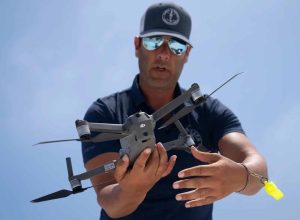
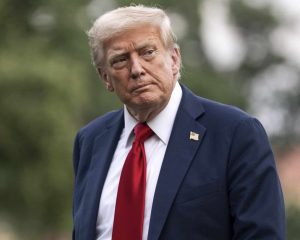
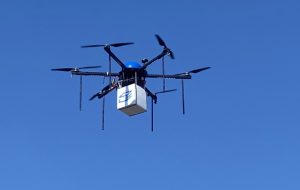


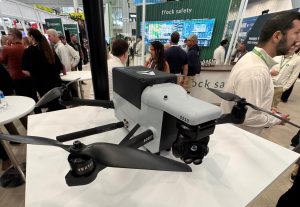

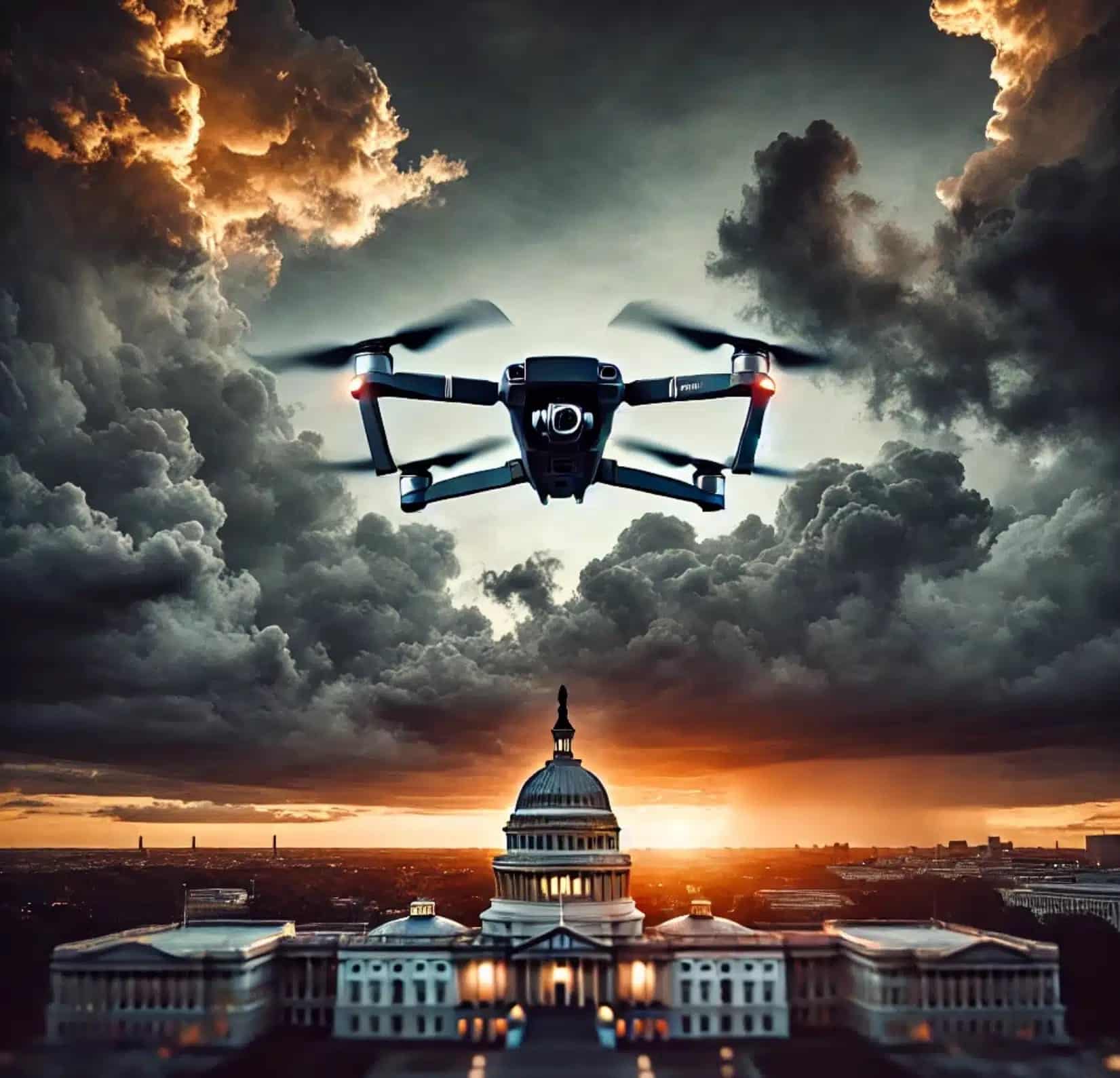

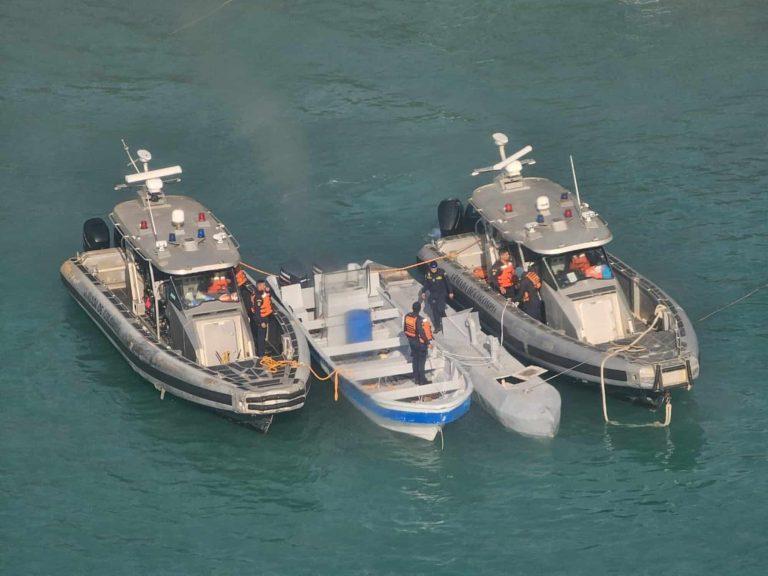
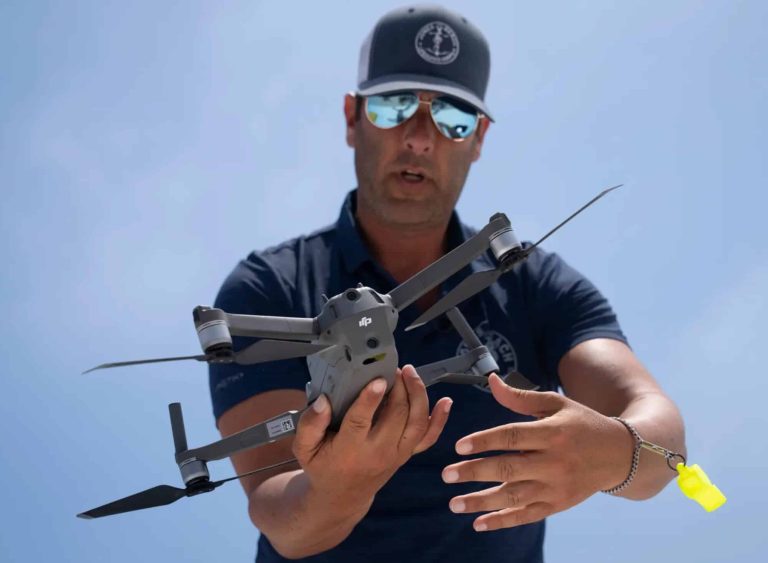

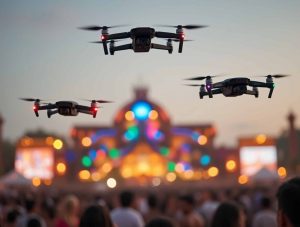
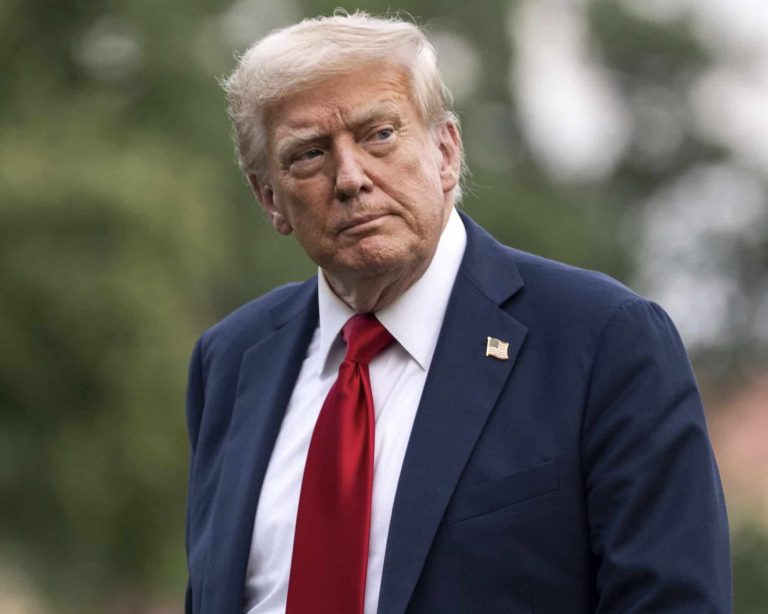
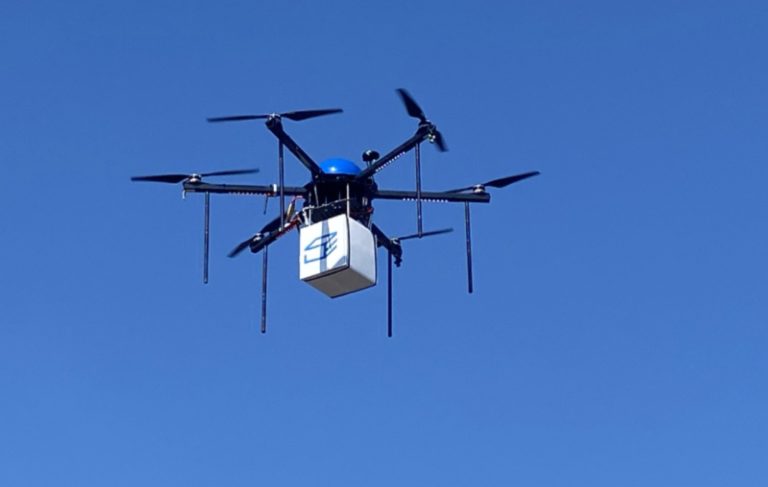

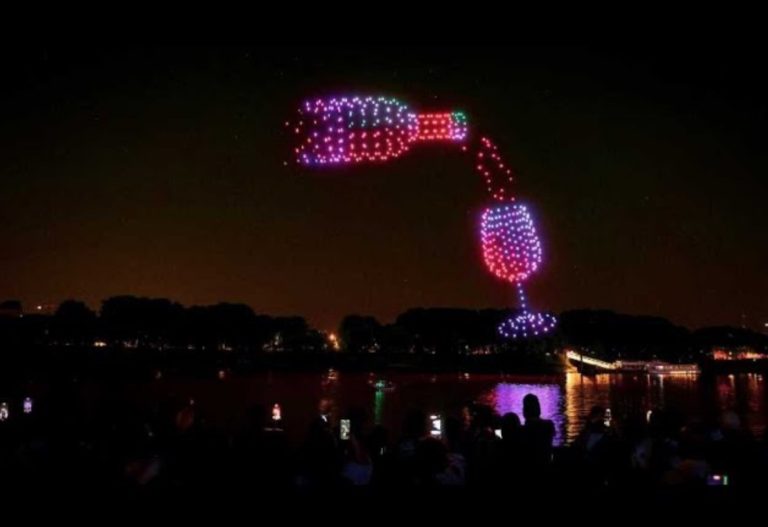
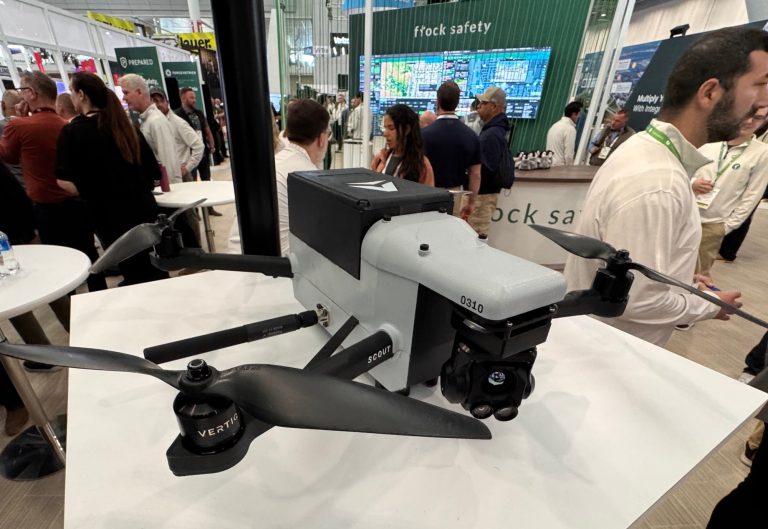
+ There are no comments
Add yours